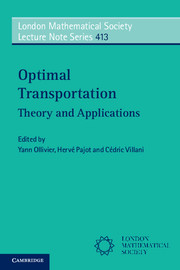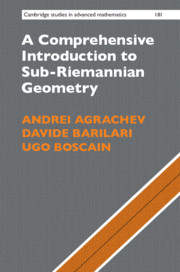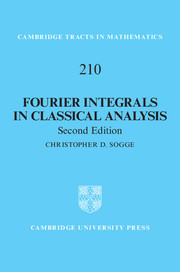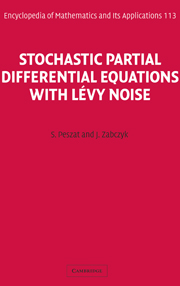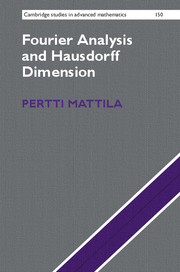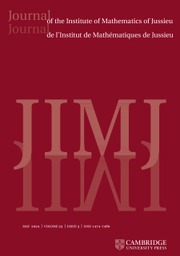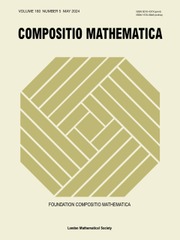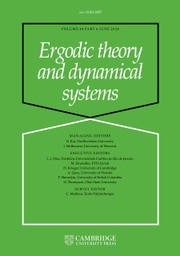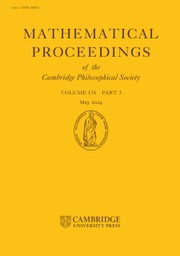Optimal Transport
The theory of optimal transportation has its origins in the eighteenth century when the problem of transporting resources at a minimal cost was first formalised. Through subsequent developments, particularly in recent decades, it has become a powerful modern theory. This book contains the proceedings of the summer school 'Optimal Transportation: Theory and Applications' held at the Fourier Institute in Grenoble. The event brought together mathematicians from pure and applied mathematics, astrophysics, economics and computer science. Part I of this book is devoted to introductory lecture notes accessible to graduate students, while Part II contains research papers. Together, they represent a valuable resource on both fundamental and advanced aspects of optimal transportation, its applications, and its interactions with analysis, geometry, PDE and probability, urban planning and economics. Topics covered include Ricci flow, the Euler equations, functional inequalities, curvature-dimension conditions, and traffic congestion.
- Contains short courses which give an accessible introduction to problems of current interest, and research papers which present modern developments
- The book presents both the theory of optimal transport and some of its many applications
- Of interest to researchers in pure and applied mathematics, physics, computer science and economics
Product details
August 2014Paperback
9781107689497
316 pages
228 × 152 × 18 mm
0.47kg
Available
Table of Contents
- Part I. Short Courses:
- 1. Introduction to optimal transport theory Filippo Santambroggio
- 2. Models and applications of optimal transport in economics, traffic and urban planning Filippo Santambroggio
- 3. Logarithmic Sobolev inequality for diffusions and curvature-dimension condition Ivan Gentil
- 4. Lecture notes on variational methods for incompressible Euler equations Luigi Ambrosio and Alessio Figalli
- 5. Ricci flow: the foundations via optimal transportation Peter Topping
- 6. Lecture notes on gradient flows and optimal transport Sara Danieri and Guiseppe Savare
- 7. Ricci curvature, entropy, and optimal transport Shin-Ichi Ohta
- Part II. Survey and Research Papers:
- 8. Computing the time-continuous optimal mass transport without Lagrangian techniques Olivier Besson, Martine Picq and Jérome Poussin
- 9. On the duality theory for the Monge–Kantorovich transport problem Mathias Beiglbock, Chrsitian Léonard and Walter Schachermayer
- 10. Optimal coupling for mean field limits François Bolley
- 11. Functional inequalities via Lyapunov conditions Patrick Cattiaux and Arnaud Guillin
- 12. Size of the medial axis and stability of Federer's curvature measures Quentin Mérigot.

